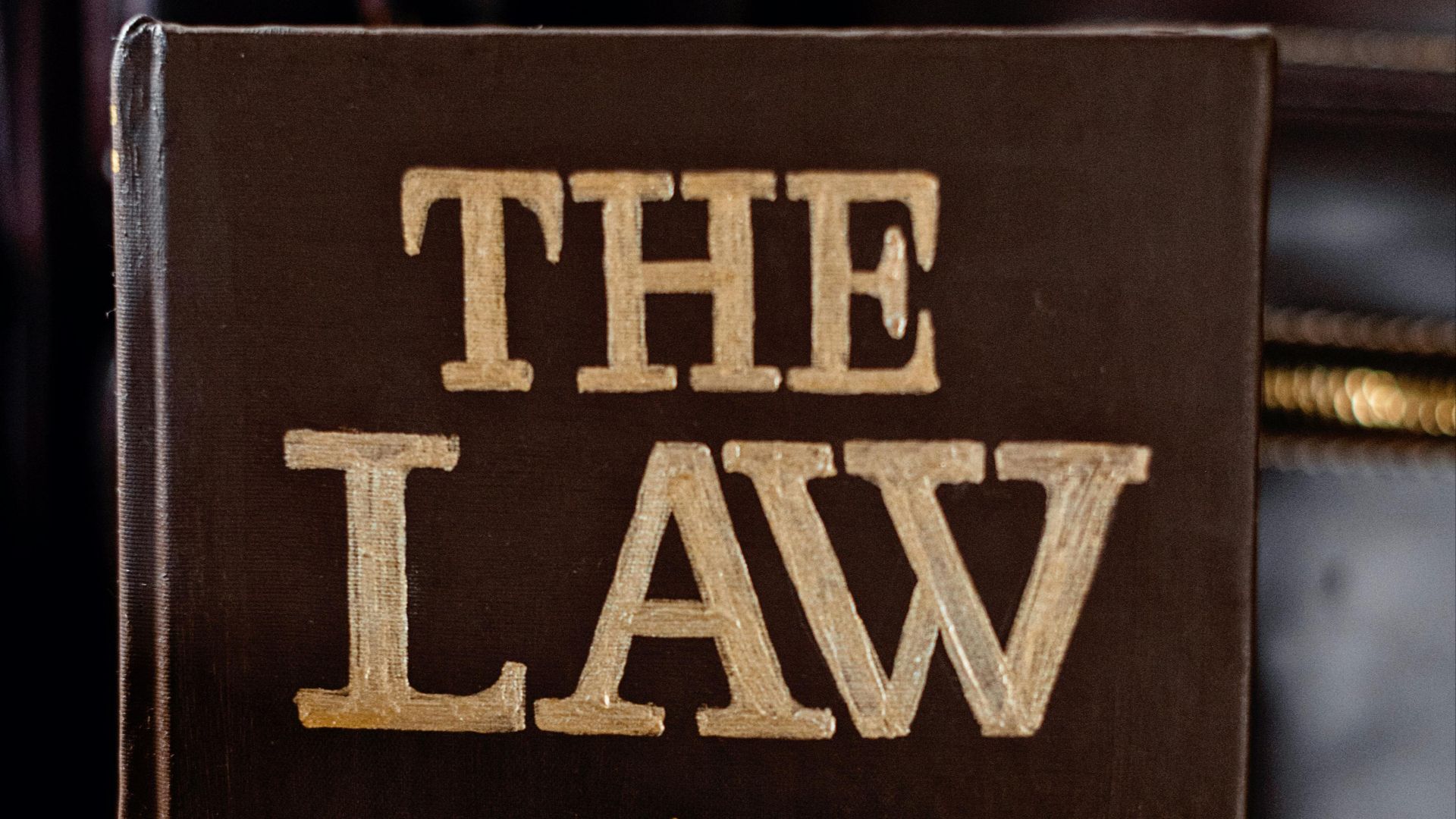My Brother’s Keeper?
Co-signing a loan for someone—especially a close family member—can feel like the right thing to do. But what happens when things go wrong? If your sibling stops making payments and the collectors come knocking on your door instead, it’s not just frustrating—it’s financially dangerous.
Here’s exactly what you need to know if you find yourself in this situation.
 Co-Signing Means You’re Just As Responsible
Co-Signing Means You’re Just As Responsible
Co-signing a loan means much more than just offering your support for the borrower. If you co-sign, you are officially signing up to pay the debt off if the main borrower doesn’t.
The Debt Shows Up On Your Credit Report
Your name might not be on the monthly billing statement, but you are still liable. The account will appear on your personal credit report. Thus, any missed payments by the borrower will impact your credit score just as much as it does your brother’s.
Missed Payments Can Wreck Your Credit
Payment history makes up 35% of your credit score. When your brother skips payments, your score takes a direct hit. Worse, those missed payments stay on your report for seven years.
Debt Collectors Can Come After You
If the loan remains unpaid, collectors don’t just target your brother—they come after you too. As co-signer, you're just as liable.
 Photo By: Kaboompics.com, Pexels
Photo By: Kaboompics.com, Pexels
You Could Be Sued For The Entire Balance
If the borrower defaults on payment, lenders can take action against the person who co-signed. In other words, they could sue you for thousands of dollars in fees and interest (and that’s on top of the actual borrowed amount).
 Photo By: Kaboompics.com, Pexels
Photo By: Kaboompics.com, Pexels
Family Tensions Can Rise Fast
It’s hard to stay close when someone else’s mistake is draining your bank account. Co-signing gone wrong can quickly erode trust and damage relationships.
You May Be Able To Ask For A Refinance
In some cases, the original borrower can refinance the loan into their own name. If approved, this removes you from the loan entirely—but it depends on your brother’s creditworthiness.
 Photo By: Kaboompics.com, Pexels
Photo By: Kaboompics.com, Pexels
Forbearance Might Offer Temporary Relief
Your brother should look into forbearance options. If they qualify, the lender may provide some relief by pausing or reducing the monthly payments for a specific period of time. This doesn’t remove the debt, but it does provide additional time to come up with a repayment plan.
 Photo By: Kaboompics.com, Pexels
Photo By: Kaboompics.com, Pexels
Explore Income-Driven Repayment For Student Loans
If the loan is a federal student PLUS loan, there may be income-based repayment plans available. This can lower the monthly burden and make repayment more manageable.
Credit Counseling Can Help You Strategize
If you need more help exploring your options, consider looking into nonprofit credit counseling options. They can assist with creating plans for debt management if you’re struggling to come up with payments.
The Lender Might Agree to Release You Eventually
Some lenders allow co-signers to be released after a certain number of on-time payments by the borrower. You’ll need to check if this option exists in your case—and get it in writing.
Stay Informed: Monitor The Loan Status
Don’t just assume things are going well. Ask the lender to send you monthly updates. If your brother misses a payment, you need to know immediately.
Keep An Eye On Your Credit Report
Monitoring your credit report helps you spot problems early. Late payments or defaults will show up, and catching them quickly can minimize the damage.
Try Negotiating With The Lender
If you can make a notable lump-sum payment, the lender might be willing to settle for less than the total amount. Consider using a lump payment to negotiate with the lender.
Know Your State’s Cosigner Laws
Some states have extra protections for co-signers. For example, in Michigan, lenders must notify the cosigner of a default and wait 30 days before reporting it to credit bureaus.
Don’t Ignore Collection Notices
While it may be tempting, don’t ignore collection notices. If you receive one, respond as promptly as you can. If you don’t, lenders may take more severe action against you.
Be Honest With Future Lenders
If your credit takes a hit due to the situation, be honest with lenders. They may be considerate about your situation, especially if you are actively trying to restore the situation.
 Photo By: Kaboompics.com, Pexels
Photo By: Kaboompics.com, Pexels
Consider Advice From A Lawyer
An attorney familiar with debt law may be able to help you reduce liability, especially if there were issues with how the loan was handled or disclosed.
Don't Cosign Again Without A Back-Out Plan
If you ever consider co-signing again, only do so if there’s a clear path to be released later. Better yet, avoid co-signing altogether unless you're 100% comfortable covering the loan.
Rebuild Your Credit Proactively
If your score has dropped, take steps to rebuild. Pay your bills on time, reduce outstanding debt, and consider a secured credit card to show positive activity.
Talk To Your Brother—Clearly And Calmly
This is about more than money. Set boundaries, express your concerns, and make a plan. He may not be able to fix the past, but he should be part of the solution moving forward.
Protect Yourself Next Time
If you must help someone financially, explore safer alternatives. Offer to help with budgeting, or provide a small loan directly—one you can afford to lose—rather than risking your credit.
 Photo By: Kaboompics.com, Pexels
Photo By: Kaboompics.com, Pexels
Your Signature Has Power—Use It Wisely
Co-signing feels like a gesture of trust. But in the financial world, it’s a binding promise. Only lend your name when you can afford the consequences.
You May Also Like:
If you own a one-million-dollar home, this is how much it will be worth in 10 years (in each state).
Source: 1
























